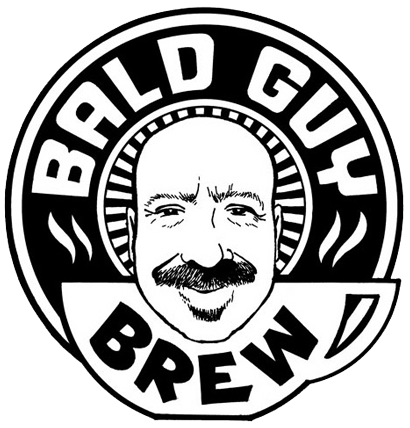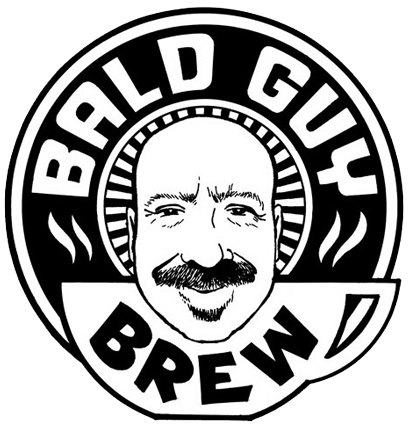What is Specialty Coffee?
Posted on January 01 2018,

What does the term "Specialty Coffee" really mean?
According to the National Coffee Association, consumers in the USA believe that 48% of their coffee is considered "specialty coffee". However, with all of the new marketing schemes being used like "third wave", "direct trade" and "gourmet", what makes coffee truly special?
If you remember from my last blog article, Coffee Cupping Demystified, I briefly reviewed the primary categories of the SCA cupping form which are graded to determine whether or not the coffee is deemed as "specialty coffee". According to the Specialty Coffee Association (SCA), specialty coffee is Arabica Coffee with a cup score of 80+ points.
Yet, over the years, there has been a great deal of discussion to create a working definition. In a 1998 article for the Specialty Coffee Chronicle, Don Holly wrote the following as he reviewed how the term specialty coffee developed:
"My understanding of the origin of the term 'specialty coffee' is that it was first coined by Erna Knutsen, of Knutsen Coffee Ltd., in a speech to the delegates of an international coffee conference in Montreuil, France, in 1978. In essence, the concept was quite simple: special geographic microclimates produce beans with unique flavor profiles, which she referred to as 'specialty coffees'.
This is fairly accurate in that micro-climates produce coffees with unique flavor profiles, but that isn't all of it. Nor does roasting determine whether or not the coffee is considered "specialty coffee".
Herbert Peñaloza from 575 Cafe (who I mentioned in my previous blog post) confirmed what I had experienced in Costa Rica: coffee must be carefully cultivated, harvested at its peak while also adhering to best practices for post harvest processing and storage to eliminate coffee defects which results in "specialty coffee".
What are coffee defects and how does that affect cup score and quality?
 The SCAA defines specialty coffee in its green stage as coffee that is free of primary defects, has no quakers, is properly sized and dried, presents in the cup free of faults and taints and has distinctive attributes. In practical terms, this means that the coffee must be able to pass aspect grading and cupping tests.
The SCAA defines specialty coffee in its green stage as coffee that is free of primary defects, has no quakers, is properly sized and dried, presents in the cup free of faults and taints and has distinctive attributes. In practical terms, this means that the coffee must be able to pass aspect grading and cupping tests.
Coffee defects are broken down into 2 categories: "Primary" and "Secondary" Defects. These green coffee defects if found present in a coffee sample that is being graded, will detract from the overall cup quality and score. Stephen Josephs from Elephant Coffee writes:
"Roasters who consistently purchase strictly top grade premium coffees may have only rarely been confronted with defects, while the majority of roasters run across them much too often, even when presented with what is being sold as "Specialty" grade coffees. The fact is, any one of these dozen defects will negatively affect the quality and alter the taste of the coffee you're producing. These defects are both identifiable and preventable."
So what does it all mean for you and your morning cup of coffee?
At Bald Guy Brew, I take pride in my coffee. From the coffee we source, to the roast profiles that I have developed through cupping coffee over the last decade, to culling the "identifable and preventable" defects, I truly believe that we are living up to our motto: "Crop to Cup: Done Different, Done Right".
My passion is the customer's reward as I strive to roast the perfect cup of coffee. Not only am I pursuing excellence, but I want to honor the hard work of the producer who has taken the extra step to produce amazing coffee. This is what drives us, and specialty coffee, properly roasted, is our reward.

